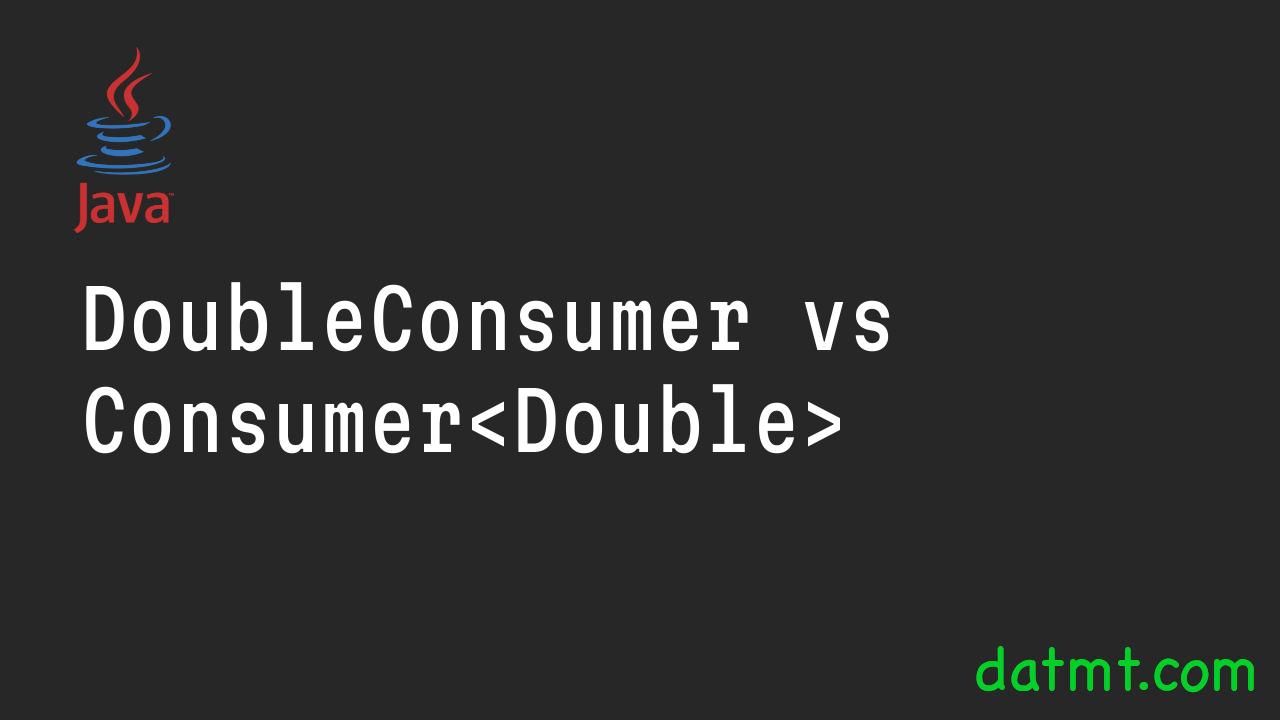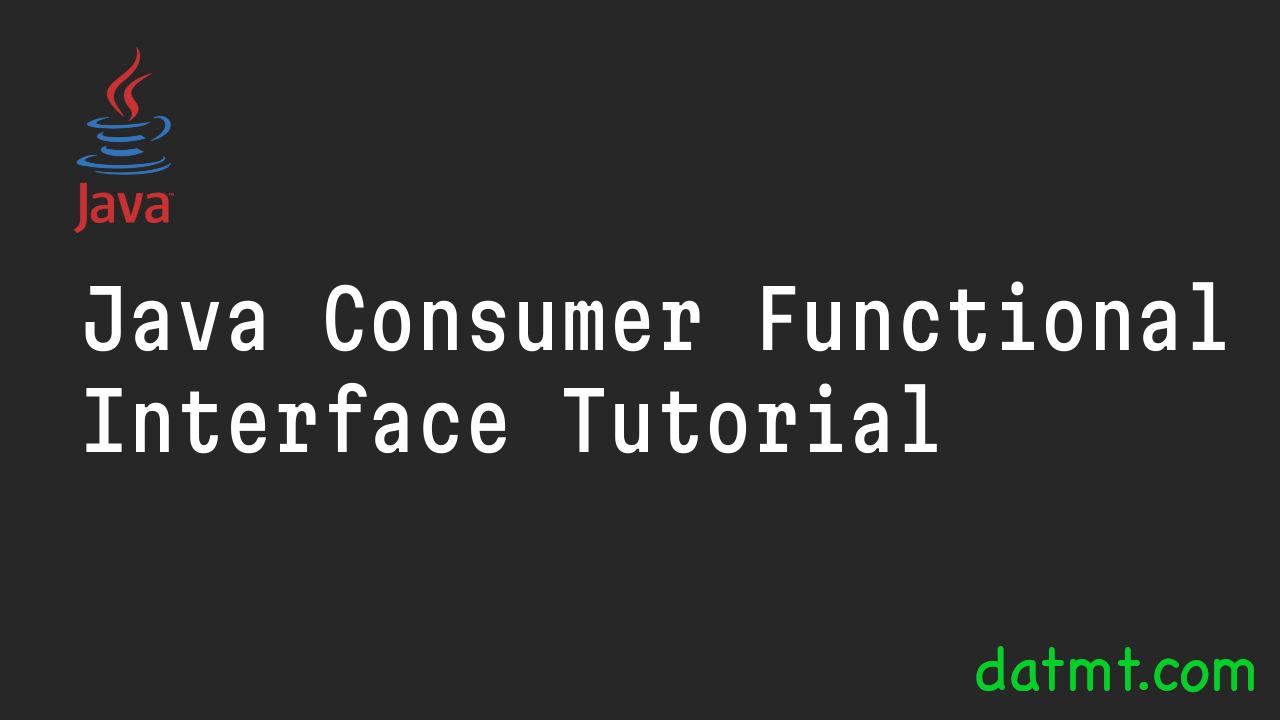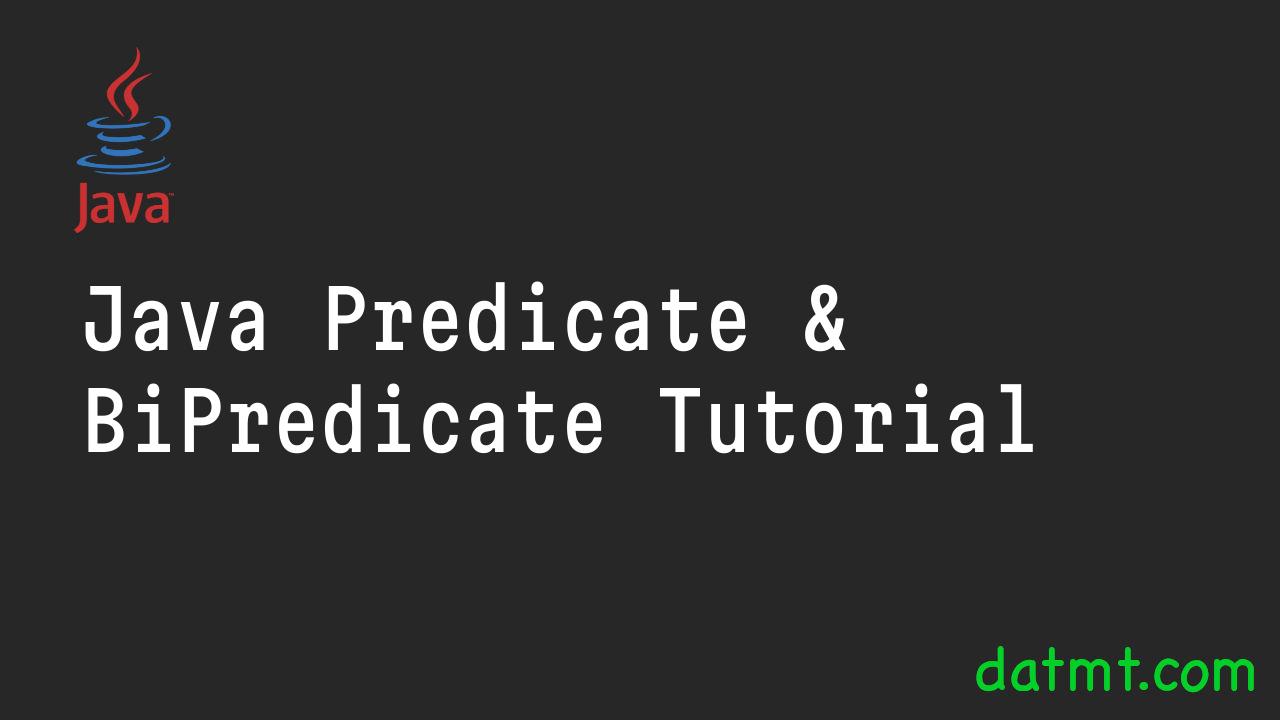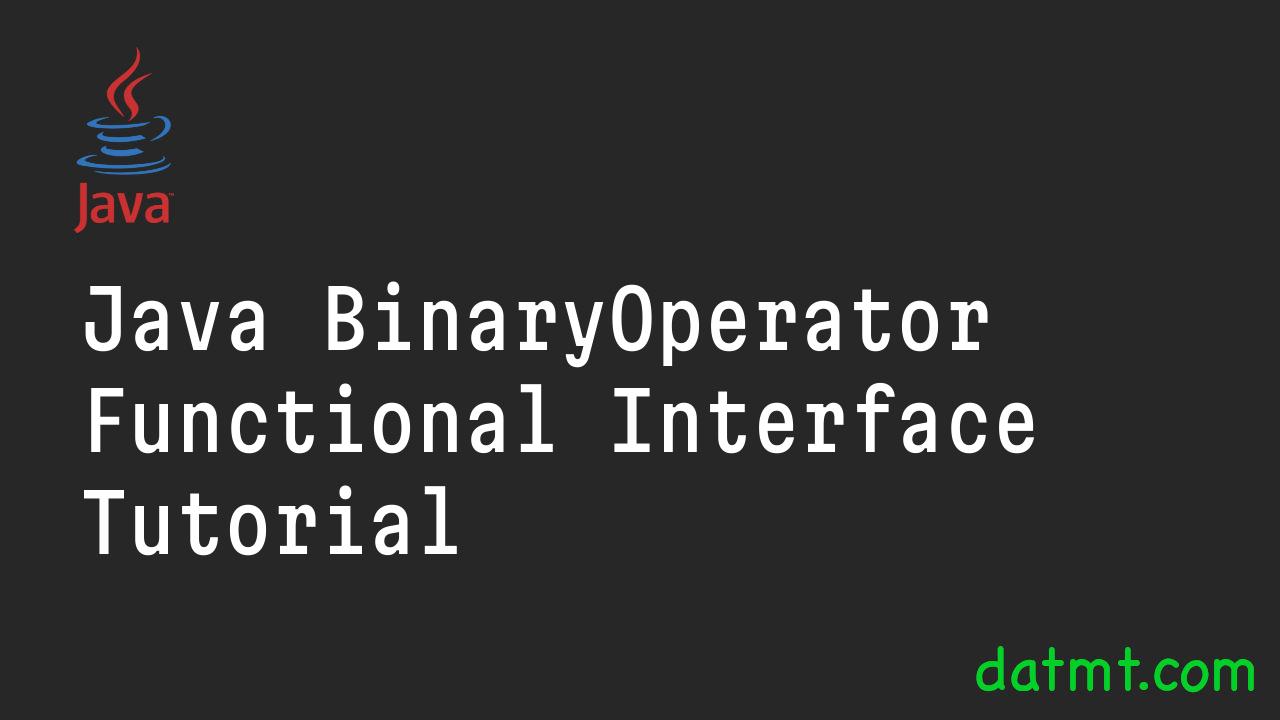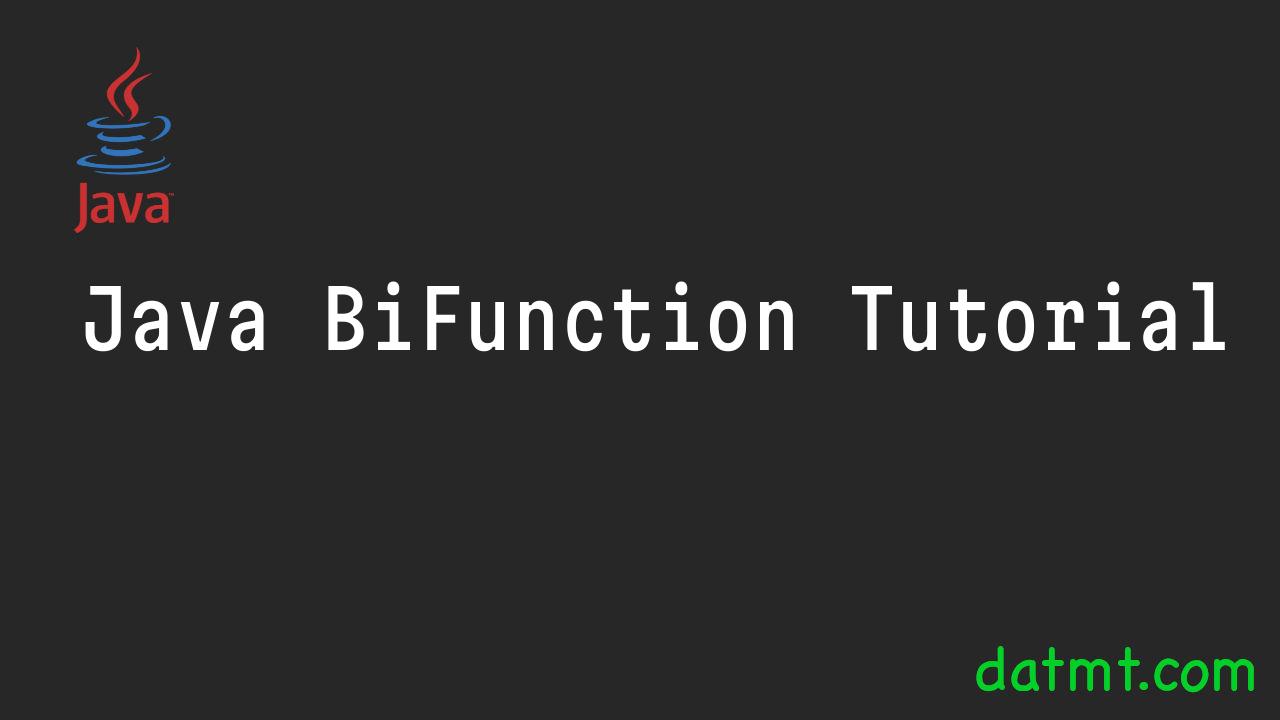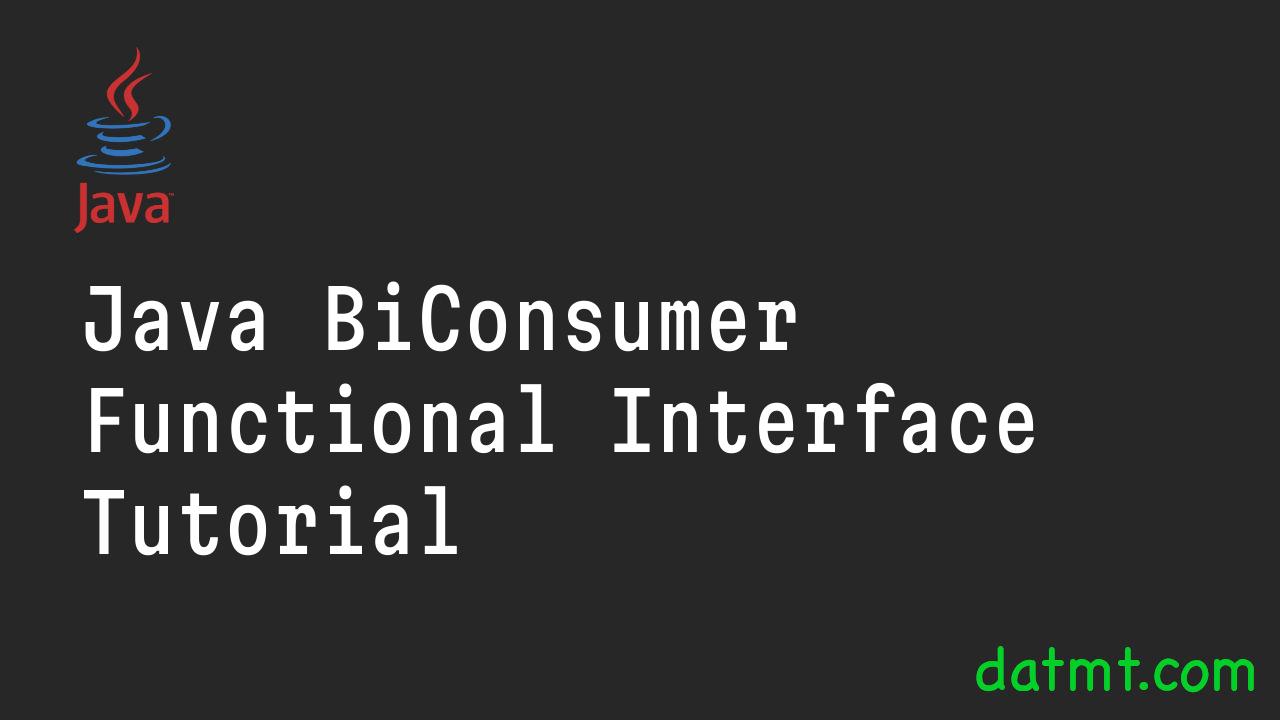DoubleConsumer vs Consumer
Overview One of the biggest questions I have when studying the functional interfaces in java.util.function is why the creators made DoubleConsumer (LongConsumer, IntConsumer) while there is already a Consumer interface that can handle any kind of object. It turned out, they have solid reason to do so. Boxing, unboxing, autoboxing primer As you may already … Read more
